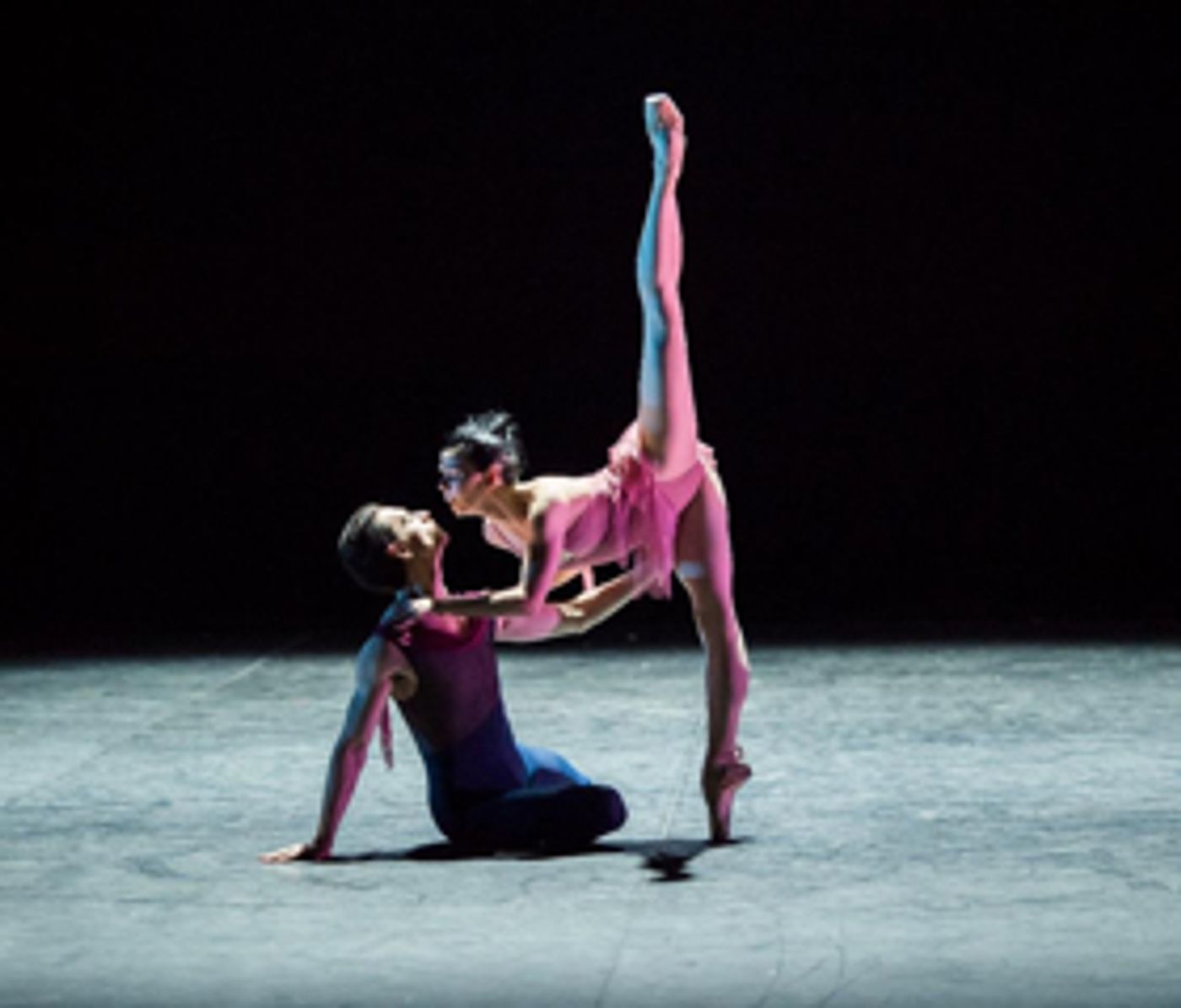Review: PROJECT POLUNIN - SATORI, London Coliseum

![]() Sergei Polunin is treading in the pas de deux of Rudolf Nureyev and Mikhail Baryshnikov en route from ballet wunderkind to Hollywood leading man (the programme notes that he made his on-screen debut in Sir Ken's recent Murder on the Orient Express and is in more or less everything in 2018), brokering his exotic looks and bad boy tattoos into superstardom. Or maybe not. Twenty million YouTube views may not be quite the ushering into the mainstream it once was, but much remains to be seen.
Sergei Polunin is treading in the pas de deux of Rudolf Nureyev and Mikhail Baryshnikov en route from ballet wunderkind to Hollywood leading man (the programme notes that he made his on-screen debut in Sir Ken's recent Murder on the Orient Express and is in more or less everything in 2018), brokering his exotic looks and bad boy tattoos into superstardom. Or maybe not. Twenty million YouTube views may not be quite the ushering into the mainstream it once was, but much remains to be seen.
That, though, is the future - the present is Project Polunin, an ambitious initiative to make dance accessible to people of all ages and incomes and to inspire young people. Laudable aims and, to his credit, the Ukrainian is doing this not at 48 when he can "brand" the project from a comfortable office, but at 28 when he can deliver the whole shebang in person, front and centre - which is exactly where he spends this show.
He opens on a seven-minute amuse-bouche solo described with all those abstract nouns like "freedom", "spirit" and "meditation" that can build walls of opacity around anything. We do get, somewhere amidst the agonising about His Art, a glimpse of the what is to come, the sculpted body dominating the space and the barely managed control of energy - physical, psychological, sexual - that reaches out beyond ballet's niche in the arts. Anyone can tell that he's a star: that he's sexy and he knows.
The second piece is much the strongest of the three. Scriabiniana is a suite of dances performed to the music of Russian composer Alexander Scriabin, a major figure in Russian early 20th century music, whose work has the energy, optimism and power that characterises so much of the art that flowered in the doomed pre-revolutionary, ancien regime.
I was reminded of later, more celebrated pieces like Georgy Sviridov's Time, Forward and it's a delight to hear this music played with such authority by the Orchestra of the English National Opera under Gavin Sutherland. How often Russian works in all arts appear so familiar and yet so utterly different to that of Western Europe.
The dances are choreographed by Kaysan Goleizovsky (in honour of the 125th anniversary of his birth) and, to the tutored eye, no doubt show glimpses of dance's future, but for many will be "merely" an aesthetically pleasing vision, all movement through space and shapes carved in air by bodies balanced against gravity.
The multi-national company (is there any performing art so unbounded by borders than dance?) features Natalia Osipova amongst women apparently constructed from gossamer, and Dejan Kolarov amongst men whose narrowness of hip seems barely capable of supporting such width of shoulders. It's all terribly pleasing on eye and ear.
Satori wraps up the show with a change of mood, a new work, with Polunin himself doing the choreography and the equally zeitgeisty David LaChapelle designing the set. Though aiming for a kind of Greek Myth vibe with video enhanced dream sequences, family trauma, devils clad in black terrorising innocents, but leading to ultimate redemption, it's all a little heavy-handed and came across more like an updated version of The Singing Ringing Tree than a major statement about Life, the Universe and Everything. But that's the deal with so much of non-narrative performing arts - one's reaction is so individual.
Whether this triptych of works led by Polunin converts anyone to the delights of dance is somewhat moot, but perhaps that's not the best way to consider it. Maybe (and one feels some of Oscar Wilde's aphorisms bubbling to mind) its value lies in the fact that it is there at all, an example of the fact that so much work, talent and commitment can be expended on something amounting to so fleeting a pleasure. A world without such indulgences in beauty would be the grimmer for it.
Project Polunin - Satori continues at the London Coliseum until 10 December.
Photo Tristram Kenton
Reader Reviews
Videos

